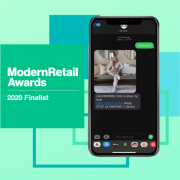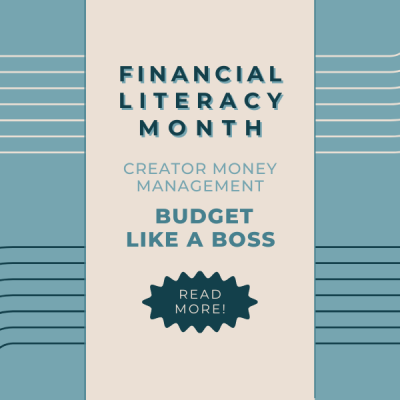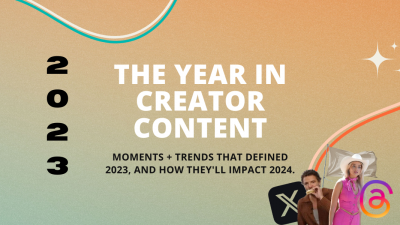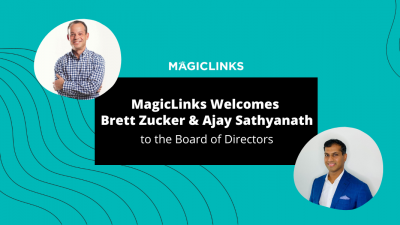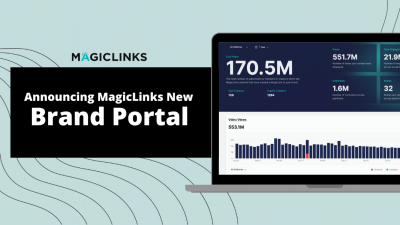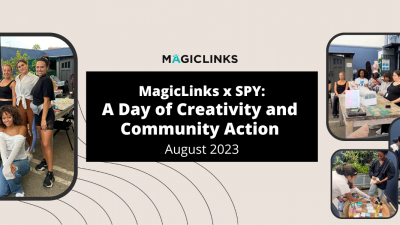“In the quarter from June through August, for example, across a sample of 4,500 ecommerce retailers, sales and customers driven to brands’ websites through YouTube influencers are up 80% year over year, according to MagicLinks, an L.A.-based social media marketing company that helps firms track the performance of their influencer campaigns. Applications from influencers wishing to use MagicLinks’ sales tools have grown nearly fivefold from the start of the pandemic. And across MagicLinks’ retail customers, which include the likes of Walmart, Target, L’Oreal and Best Buy, influencer-driven sales are up 115%.
…[But] even as data attribution improves and consumers spend more time online in the land of influencers, one key downside to influencer marketing remains: limited control. A company can manage every element of a commercial shoot or Facebook ad, but using an unscripted TikTok or Instagram influencer requires letting go.
‘Brands in some categories historically have been super fearful of letting influencers tell their story because it is so important to the sanctity of the brand to keep the messaging really succinct and in line with the brand guidelines,’ Piña said.
Yet that informality is part of the appeal of influencer marketing.”
Click here to read the full article on dot.LA!
*Cover images courtesy of MagicLinks influencers Wesley Carter, Sandy Lin, and Taylor Anise


